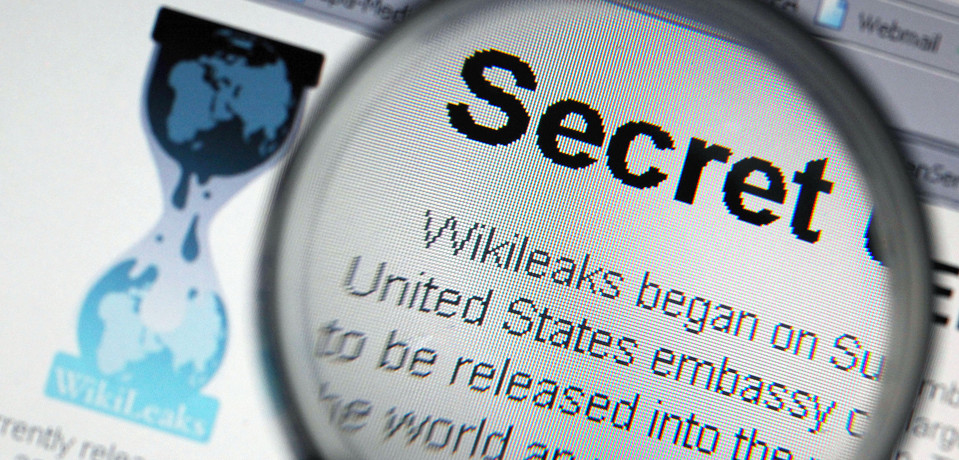Some of the links in this article are "affiliate links", a link with a special tracking code. This means if you click on an affiliate link and purchase the item, we will receive an affiliate commission.
The price of the item is the same whether it is an affiliate link or not. Regardless, we only recommend products or services we believe will add value to our readers.
By using the affiliate links, you are helping support our Website, and we genuinely appreciate your support.
Here are some key insights from WikiLeaks documents over the years:
- Collateral Murder Video (2010): Leaked footage showing a U.S. Apache helicopter attack in Baghdad that killed multiple people, including two Reuters journalists, sparking international outrage over civilian casualties in the Iraq War.
- Iraq War Logs (2010): A massive leak detailing U.S. military operations in Iraq, revealing civilian death tolls far higher than previously reported, widespread torture of detainees by Iraqi forces, and other military abuses.
- Afghanistan War Logs (2010): Classified military reports highlighting corruption in the Afghan government, civilian casualties caused by coalition forces, and the involvement of Pakistan’s intelligence in supporting the Taliban.
- U.S. State Department Cables (Cablegate, 2010): Over 250,000 diplomatic cables exposing U.S. foreign policy operations, including spying on United Nations officials, secret U.S. drone strikes in Yemen, and diplomatic discussions about global leaders.
- Guantanamo Files (2011): Documents detailing detainee treatment, including the arbitrary detention of innocent people at Guantanamo Bay, questionable interrogation techniques, and inadequate evidence used to justify imprisonment.
- Sony Pictures Hack (2014): Emails released revealing internal discussions within Sony, including racially insensitive jokes, tension over movie projects, and political dealings, especially related to the controversial film The Interview.
- TPP (Trans-Pacific Partnership) Draft (2013): Leaks from the secretive TPP negotiations, showing that the agreement could extend restrictive intellectual property laws and empower corporations at the expense of national sovereignty.
- DNC Emails (2016): Emails from the Democratic National Committee showing favoritism toward Hillary Clinton over Bernie Sanders during the Democratic primary, leading to the resignation of DNC Chair Debbie Wasserman Schultz.
- Podesta Emails (2016): Emails from Clinton campaign chairman John Podesta’s account, revealing campaign strategies, discussions about political favors, and interactions with the media, contributing to controversies in the 2016 U.S. election.
- Vault 7 (2017): CIA documents exposing cyber-espionage tools used by the agency to hack into smartphones, smart TVs, and computers, raising concerns about privacy and government surveillance.
These leaks have had significant political, social, and security implications, with broad effects on public perception of government operations.it also shows illegal and terror acts by west in Asian countries .and Fake Narratives by “Trusted Medias”



